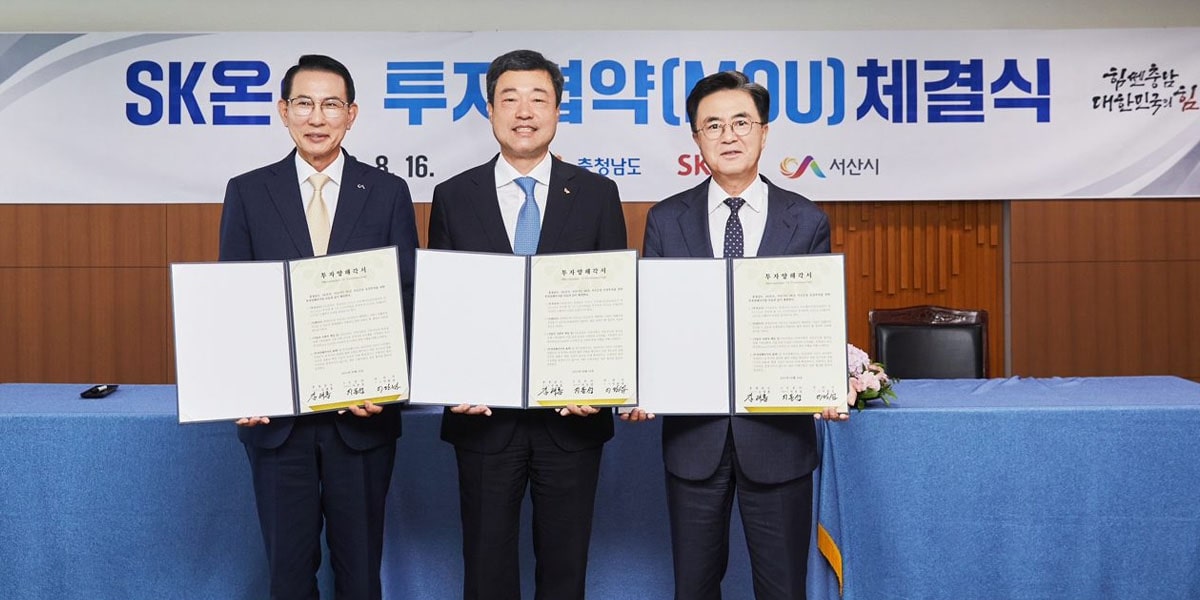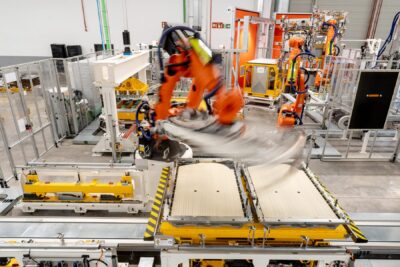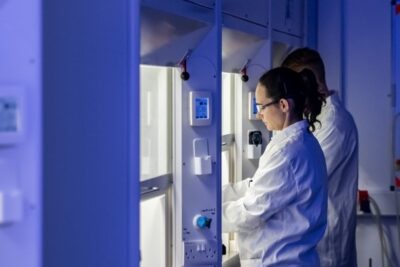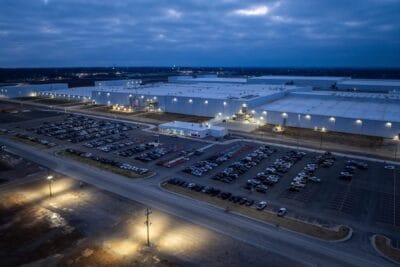SK On to significantly expand battery plant in Seosan
SK On has announced an investment of 1.5 trillion won (around 1 billion euros) in the expansion of its battery factory in Seosan, South Korea. With the construction of a third production line at the plant, SK On aims to quadruple its battery cell capacity in South Korea from the current 5 GWh to about 20 GWh.
The third plant at the Seosan battery factory is scheduled to come online in 2025 and will be expanded to an annual capacity of 14 GWh by 2028. Last week, the company signed a memorandum of understanding (MoU) with the city of Seosan and the provincial government of Hongseong-gun. This agreement not only provides for construction on the approximately 44,000 square metre site in the “Seosan Auto Valley” complex, but also for the participation of the city and province by means of “administrative and financial support”. The financial support is not precisely quantified, the administrative part refers to the granting of the relevant permits.
The first production of 200 MWh, officially called Seosan Plant 1, was commissioned back in 2012, and in 2018 it was expanded with Seosan Plant 2 to the current five GWh. Recently, SK On also opened a battery development centre next to its factory in Seosan.
In the announcement, SK On stresses that the existing facilities in Seosan have played an important role in building the company’s global production network, including training battery experts. SK On says it has “successfully established a global mass production system with a collective capacity of 89GWh across the US, Europe, and Asia, in a mere span of five years”.
But the third local plant will not only differ in size. The plan is to introduce a smart factory to optimise production processes. Specifically, the goals are to increase production speed by 30 per cent and to improve process accuracy. However, the improvements are to be introduced later in the existing production.
Which cells SK On wants to produce in the new plant is not mentioned in the announcement. However, the company has so far specialised in pouch cells and supplies carmakers such as Hyundai-Kia, Ford (from its own production and in future via the BloeOval SK joint venture) and Volkswagen (ID.4 from US production). However, many carmakers are currently shifting their focus to battery cells with a solid housing (i.e. round cells and prismatic cells), as only with these are structurally integrated battery packs possible according to the cell-to-pack or cell-to-chassis principle.





0 Comments